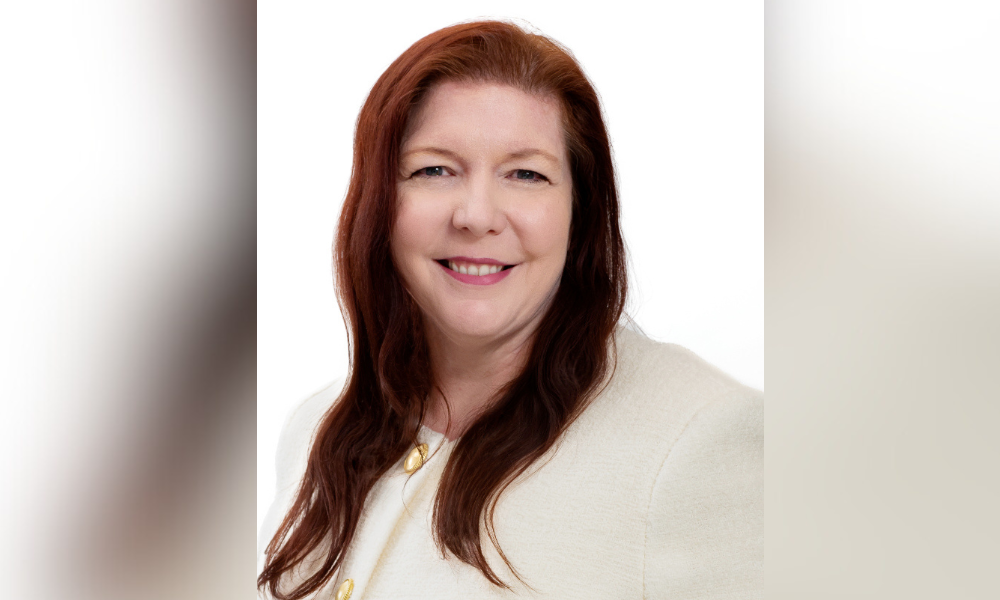SRO explains plans for research arm and advisor takeaways from ongoing plans

Last week CIRO launched what they’ve called a “blueprint” for their planned Office of the Investor. The blueprint lays out a straightforward mandate from the SRO, the Office of the Investor will conduct research, provide investor education, and “bring the voice of investors to our regulatory activities at CIRO.”
While plans for the office are still ongoing, the blueprint provides an outline of what advisors can expect the new research arm of their regulator to provide. In a wide-ranging interview with WP Karen McGuinness, SVP, Office of the Investor, Member Intake, and Innovation at CIRO outlined the reasoning behind this new office, what research topics and questions they intend to focus on, and what advisors can expect the Office of the Investor to provide them and their clients.
“Our mission is to understand, inform, and elevate the investor voice. What it means to understand investors is to conduct research, what are their needs? What are they thinking? What are their behaviours?,” McGuinness says. “To inform, we’re talking about providing education tools and resources to the public so they can make better investment decisions. And then we get to elevating their voice. What that means is the Office of the Investor will provide the investors’ perspectives on regulations [at CIRO].”
McGuinness accepts that in any research undertaking, the questions asked and topics covered can be crucial to the eventual answers. As the Office of the Investor won’t have limitless resources, either, they will have to prioritize certain areas of focus. The blueprint identifies five key areas of initial research focus:
- The financial challenges facing Canadians and impact on investing
- Compliant handling and investor redress
- The investor/advisor relationship
- Fraud, scams and financial exploitation
- Investment decision making, risk and suitability
Within those five areas McGuinness notes that wider perspectives are needed to find probing questions and arrive at informative answers. She says the office will plan to collect information from Canadian and global sources to understand the forces impacting Canadian investors.
Their first survey, McGuinness says, will function as a high level ‘environmental scan’ covering all five areas to identify the subjects that are most relevant to investors now. That survey will then inform more targeted and specific research plans.
McGuinness says that CIRO will use traditional research methods, including partnerships with research firms, to conduct their surveys. They also plan to work directly with financial organizations and other investor advocacy groups. Some of the legacy research tools of both the MFDA and IIROC — which merged to form CIRO — can also be leveraged in their research plans.
If and when this research identifies gaps in the investor landscape, McGuinness sees the SRO bringing in more advisors to find solutions. Through educational outreach to investors McGuiness hopes that investors can have more informed conversations with their advisors about tools and strategies available to them. McGuinness cites the example of the trusted contact person, noting that she is currently working on finding knowledge gaps around that subject with the goal of improving investor and advisor knowledge about this crucial role.
While the Office of the Investor is still being built, McGuinness believes that their research work will result in better information for advisors, better service for investors, and better regulatory action overall. She notes that we live in a data-driven world, and more data can help CIRO understand where they need to focus and what impact their regulations are currently having.
As the work towards this new branch of CIRO continues, McGuinness says advisors should be watching for reports and survey results that ought to help inform their work.
“I would keep apprised of the information [we will publish] because the more you know about the general investing public, the better you can do your job,” McGuinness says. “Advisors are the connection between investors and us, what they’re delivering in terms of advice is what we’re overseeing. So if our work helps advisors become better at their jobs it adds value to the whole ecosystem.”



